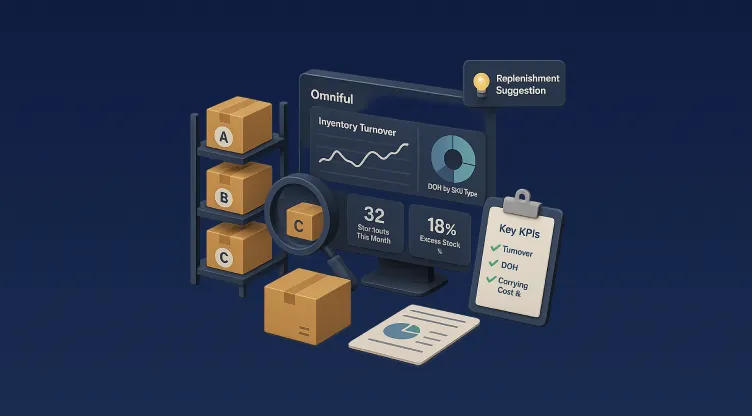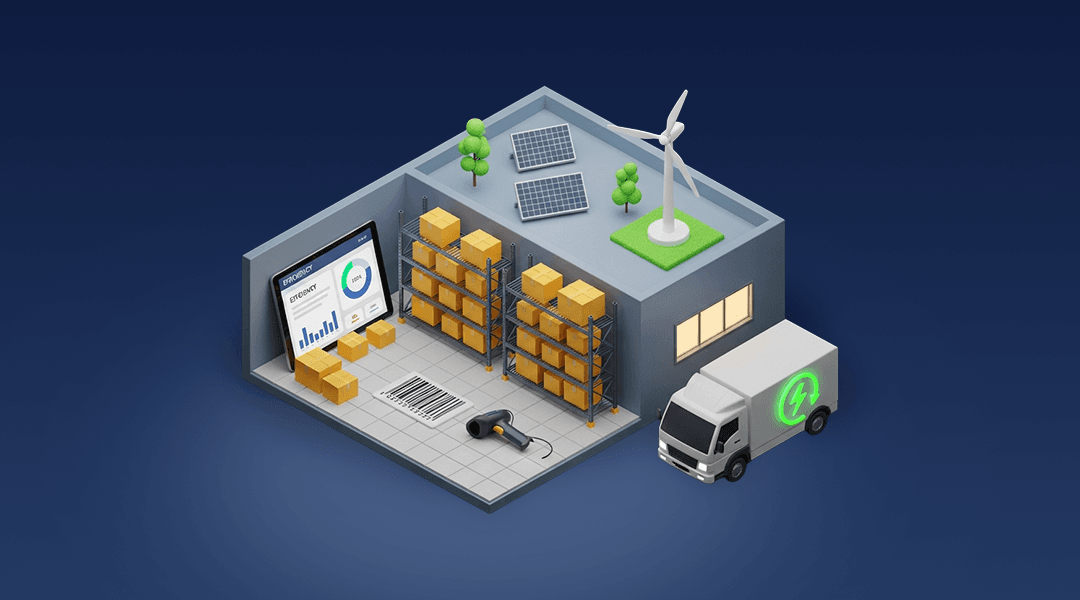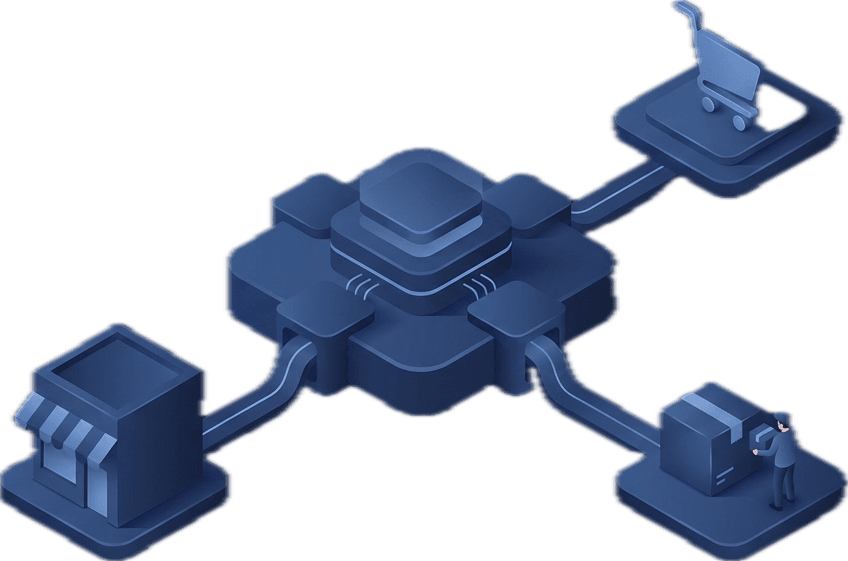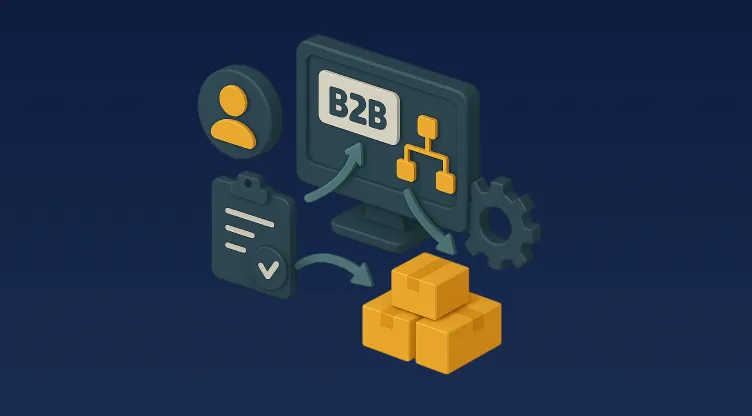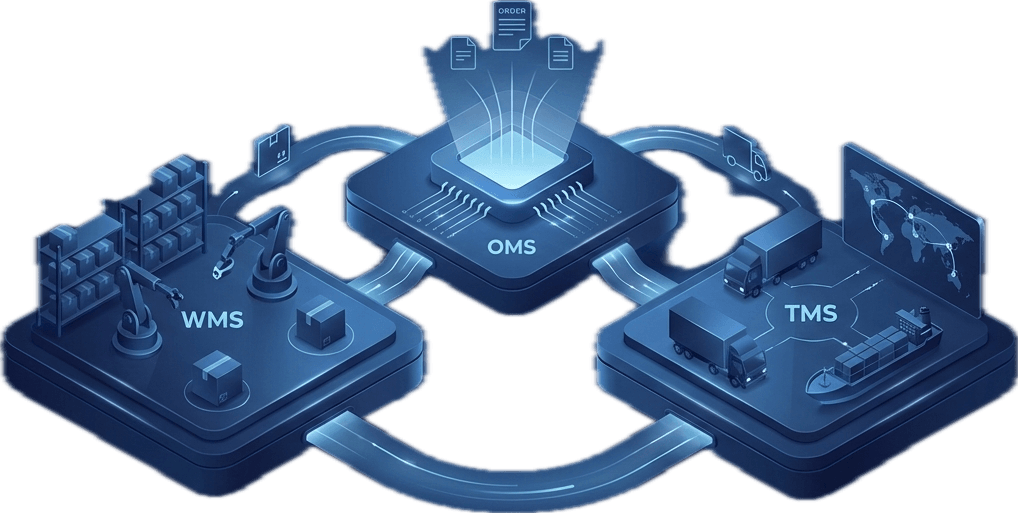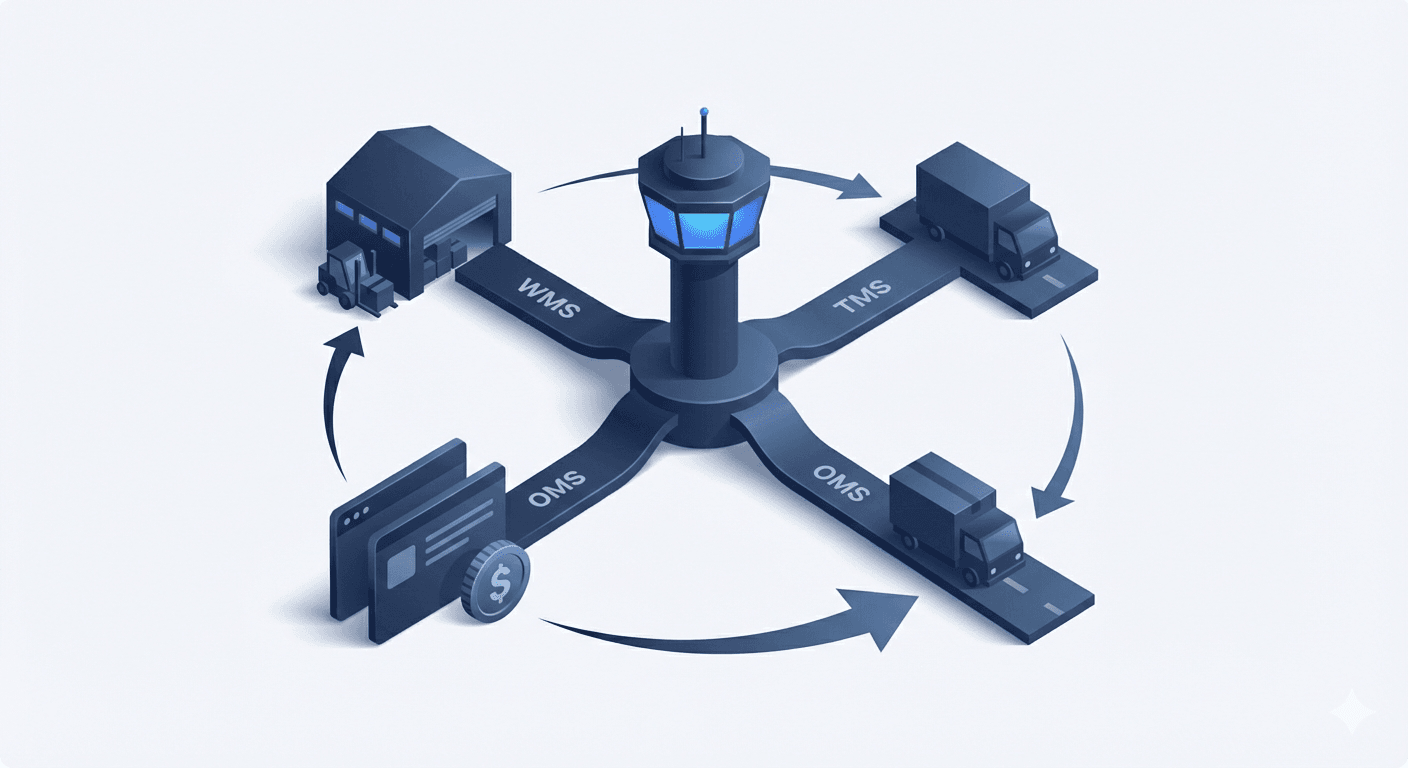Advanced Features of a Modern Transportation Management System

Table of Contents
“What You’ll Learn About TMS”
- TMS tools reduce costs and improve logistics workflows.
- Intelligent analytics provide real-time and historical insights.
- Predictive analytics help forecast delivery timelines and costs.
- Automated load planning cuts fuel usage and maximises vehicle space.
- Load optimisation reduces empty miles and emissions.
- Dynamic routing adapts in real-time to delivery changes.
- Real-time customer updates build trust and enhance transparency.
- Sustainability features support eco-friendly freight practices.
- TMS aids in freight procurement and supplier negotiations.
- Seamless system integration and staff training are key to successful TMS adoption.
- Businesses should assess ROI before implementing a TMS solution.
Companies now view Transportation Management Systems (TMS) as vital tools for achieving efficient logistics workflows and supply chain enhancements. Modern freight management solutions, improved routing techniques, and supply chain process upgrades enhance business performance. Intelligent transport management systems integrating analytics with automation and predictive tools enable businesses to achieve organisational excellence by reducing operation costs and improving workflow efficiency.
Intelligent Analytics and Reporting
The principal advantages of transportation management systems come from their intelligent analytics and reporting capabilities. Transportation data analysis helps businesses identify operational trends, enabling them to develop supply chain and freight management strategies that improve performance. By merging real-time tracking systems with historical data analysis, organisations can better monitor delivery performance and choose carriers more efficiently, reducing operational inefficiencies. Analysing bottlenecks generates data-based recommendations that improve routing performance through reporting tools.
Predictive Analytics for Decision-Making
Predictive analytics tools enable organisations to identify emerging trends which facilitate the development of their future strategic plans. Transportation management systems combine past data and real-time information to predict traffic patterns and calculate delivery schedules and fuel costs. By optimising routes, operational delays are lessened, and supply chain disruptions are minimised, which improves freight management operations.
Automated Load Planning and Consolidation
Automated load planning systems simultaneously maximise vehicle space efficiency while cutting transportation costs. The TMS system oversees freight operations through the creation of shipment plans which consider both delivery destinations and weight-volume constraints. Supply chain automation improves operational efficiency by decreasing trip frequency, which leads to fuel cost savings and reduced emissions.
Reducing Empty Miles with Load Optimisation
Today's Transportation Management Systems (TMS) improve transportation functions by eliminating unnecessary empty travel distances. The practice of route optimisation reduces travel distances, which generates environmental advantages that enhance logistics sustainability.
Dynamic Routing for Last-Minute Changes
During situations where roads block deliveries and new delivery needs occur TMS systems alter delivery routes by applying dynamic routing. Through real-time GPS tracking and IoT sensor data integration TMS solutions adjust delivery routes to achieve accurate delivery results for businesses. By dynamically altering methods freight operations achieve maximum supply chain efficiency and maintain performance stability through operational changes.
Transportation Management Systems enable freight management to benefit from optimised supply chains through intelligent analytics and predictive tools which deliver automated load planning and dynamic routing features. Contemporary route optimisation solutions provide businesses with tools to lower operating costs while improving operational outcomes.
Transportation Management Systems enable modern logistics businesses to deliver top-notch service quality while maintaining high customer satisfaction levels. Advanced Transportation Management Systems optimise routes which enhances supply chain operations through better freight management and improves customer service delivery.
Real-Time Updates for Customers
Modern Transportation Management Systems now include real-time customer updates as a core feature. Companies can provide customers with live updates on both their shipment status and location through the tool. The Transportation Management System connects telematics with IoT technology to supply stakeholders with consistent freight condition reports. The transparent operations of businesses establish trust with their partners because this openness allows them to manage logistical issues whenever shipment delays occur.
Improving Customer Trust Through Transparency
The Transportation Management System delivers better customer confidence thanks to its transparency features, which yield consistent superior results. A Transportation Management System operates with accountability because it provides full visibility features which extend from the start of an order until delivery is finished. Customers receive shipment information together with delivery delay notifications through the route updates that include delivery forecast alerts. Transparent business practices demonstrate service dedication by building customer trust and strengthening client connections.
Improved Delivery Accuracy and Timeliness
The Transportation Management System’s advanced route optimisation functions enhance delivery accuracy while ensuring scheduled delivery times are met. Optimisation processes that ensure precise delivery scheduling lead to both fewer delivery delays and higher customer satisfaction levels. The system delivers faster shipping and cuts freight costs by optimising shipment consolidation and load planning processes.
When businesses implement robust transportation management systems, they enhance customer service operations, which leads to higher customer satisfaction and strengthened customer loyalty. In modern logistics operations, companies need to implement Transportation Management Systems that provide real-time data to ensure delivery precision and transparency, which satisfies customer needs.
Reducing Environmental Impact with TMS
Sustainability-focused companies can reduce their ecological impact through the implementation of transportation management systems. Integrating sustainable freight solutions with Transportation Management Systems leads to improved operational efficiency while promoting environmentally friendly logistics methods. Deploying advanced technology allows supply chain optimisation and freight management improvements that play key roles in carbon emission reduction.
Sustainable Freight Practices
Modern logistics strategies revolve around sustainable freight practices. Through the informed decision-making capabilities of Transportation Management Systems, organisations achieve waste reduction and energy efficiency. Shipping route evaluations, together with load capacity assessments during delivery scheduling, enable businesses to develop eco-friendly transportation strategies.
Green Logistics Initiatives Enabled by TMS
Through transportation management systems, businesses improve their sustainable logistics operations by assessing environmental effects together with performance data. Companies achieve sustainable freight management through partnerships with carriers that use energy-efficient vehicles and alternative fuels. By monitoring their transportation emissions, businesses can set measurable sustainability objectives and monitor their progress towards achieving them.
Optimised Routing to Reduce Emissions
Transportation Management Systems provide a primary benefit because they optimise delivery route efficiency. Transportation Management Systems (TMS) utilise advanced algorithms & real-time data analysis to design delivery routes which help conserve fuel & decrease greenhouse gas emissions. Delivery route optimisation enables businesses to lower operational expenses while advancing their environmental goals.
Transportation Management Systems act as vital tools that streamline freight management operations and supply chain optimisation while reducing environmental impacts in logistics operations. Companies retain their competitive advantage and improve their environmental reputation through the implementation of sustainable practices and efficient transportation systems.
The Role of TMS in Freight Procurement
Simplified Freight Management and Sourcing
A Transportation Management System (TMS) is an essential application that improves freight sourcing and management processes. Through automated procurement capabilities in a Transportation Management System (TMS), businesses can enhance their carrier selection process, which allows them to find shipping partners more efficiently. Freight management gains substantial advantages from the simplified method because it provides a single platform which enables full control and supervision of logistics activities.
Competitive Pricing and Supplier Negotiations
Businesses obtain enhanced supplier pricing deals through a Transportation Management System(TMS), and simplify their sourcing operations. Examining carrier performance data and shipping cost history helps businesses secure better supplier pricing terms. The platform improves freight management functions through its design while delivering extensive supply chain optimisation advancements. Organisations achieve their maximum value and minimise costs by accessing market rates and performance metrics in real time, which aids in strategic decision-making.
Integrating Transport Management Systems (TMS) into freight procurement strategies leads to improved operational efficiency and lower costs, contributing to better supply chain management. Their freight management systems and route optimisation capabilities give companies competitive advantages during dynamic market situations.
TMS Implementation: Key Considerations
Businesses can enhance supply chain operations by implementing a transportation management system (TMS) by using optimised freight routing solutions. Businesses must conduct thorough planning and evaluation processes to achieve seamless integration and optimal efficiency levels during TMS implementation.
Integration with Existing Systems
Businesses need to integrate their existing business systems, including ERP solutions, warehouse management systems (WMS), and billing platforms, to successfully implement a TMS. Proper platform integration leads to seamless data transfer, creating efficient freight management operations and improving supply chain performance. Existing legacy systems face multiple challenges when integrating with new TMS software. APIs and middleware solutions address integration challenges between systems to maintain continuous TMS performance through improved data exchange.
Challenges in Integration and Solutions
TMS integration faces two primary barriers. Primary obstacles to TMS integration encompass employee opposition to replacing old systems and technical challenges stemming from compatibility issues and separate data storage methods. Organisations need to conduct thorough technical evaluations before implementation begins and maintain ongoing involvement of their IT department throughout the integration process. Employees overcome their adoption resistance through training programs which highlight system advantages.
Staff Training and Adoption
Successful TMS implementation requires thorough staff training. When employees master system navigation and feature use, they achieve better freight operations efficiency through enhanced route optimisation processes. Effective training programs require practical workshops together with system demonstrations and modules tailored for different roles.
Best Practices for Training Programs
Training programs must establish their framework through ongoing learning to provide workshops, certifications, and online resources. The main focus of training sessions should be user acceptance testing to enable employees to master the Transportation Management System.
Cost vs. Benefit Analysis
Organisations should complete a comprehensive cost-benefit analysis before implementing their Transportation Management System. Organisations must assess how operational cost savings and improved freight management influence supply chain optimisation and their potential to produce long-term ROI. By deploying a Transportation Management System, organisations can showcase its practical advantages to help stakeholders validate the initial financial investment required for adoption.
Conclusion:
Implementing Transportation Management Systems delivers substantial enhancements to freight management and supply chain operations using route optimisation techniques. Omniful delivers a single platform which enables businesses to integrate systems seamlessly and gain better visibility for operational optimisation and increased efficiency.
FAQs:
How does a TMS improve freight management?
A TMS achieves efficient freight management operations through process automation, route optimisation features, and real-time visibility enhancements.
Can a TMS integrate with existing systems?
Yes. A TMS integrates with ERP, WMS, and billing systems using APIs to streamline logistics operations and enable smooth data flow.
What benefits does route optimisation provide?
By optimising routes, businesses can cut costs and boost delivery speed, leading to less fuel usage & faster service.



